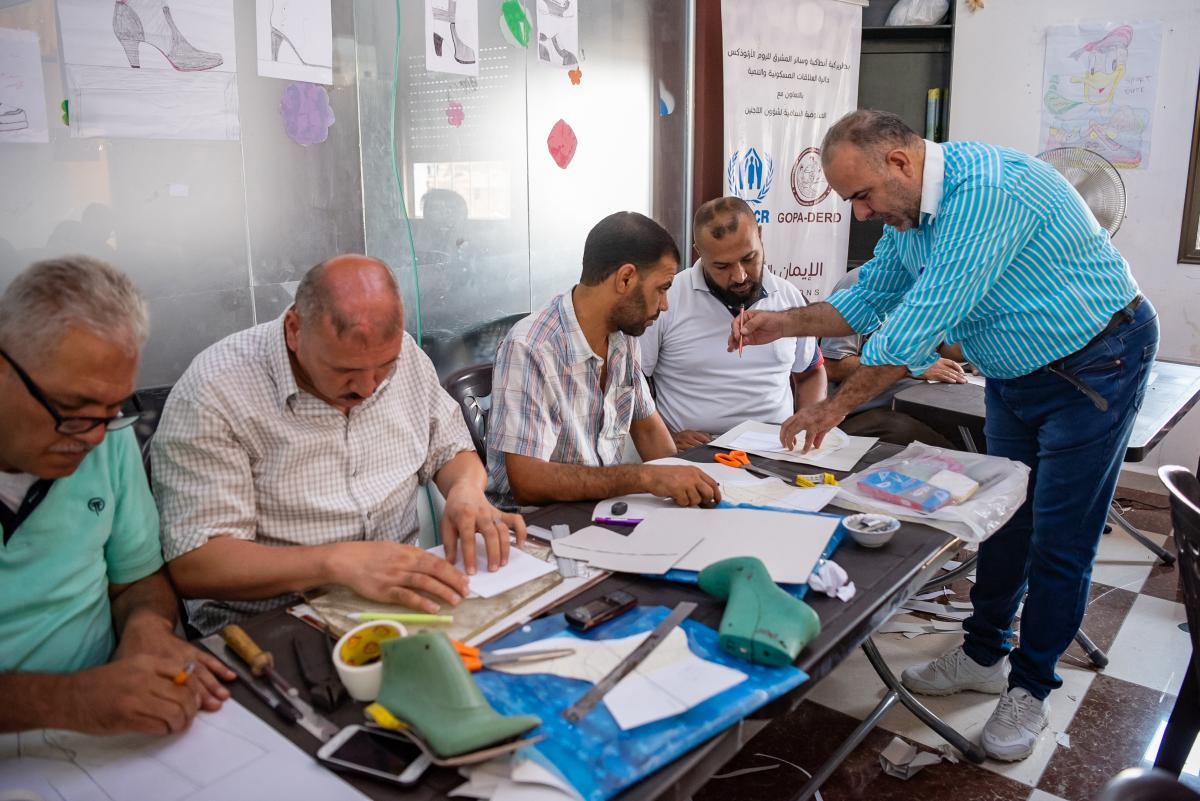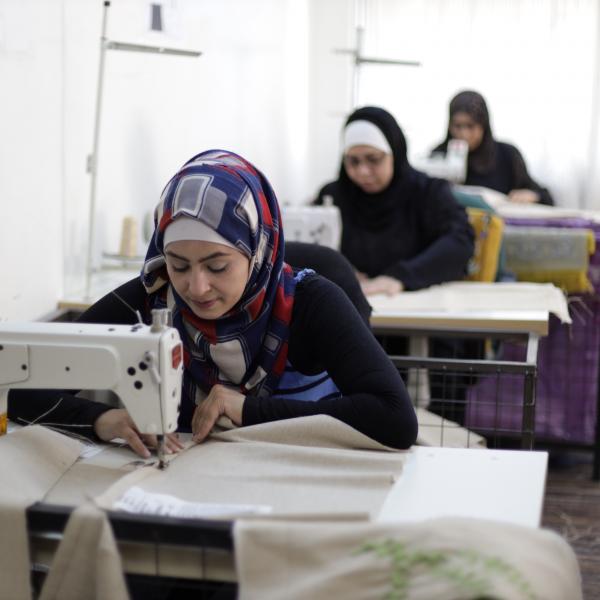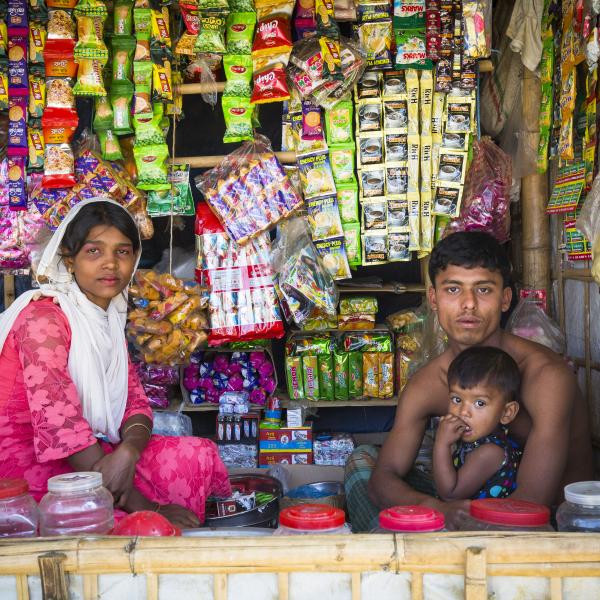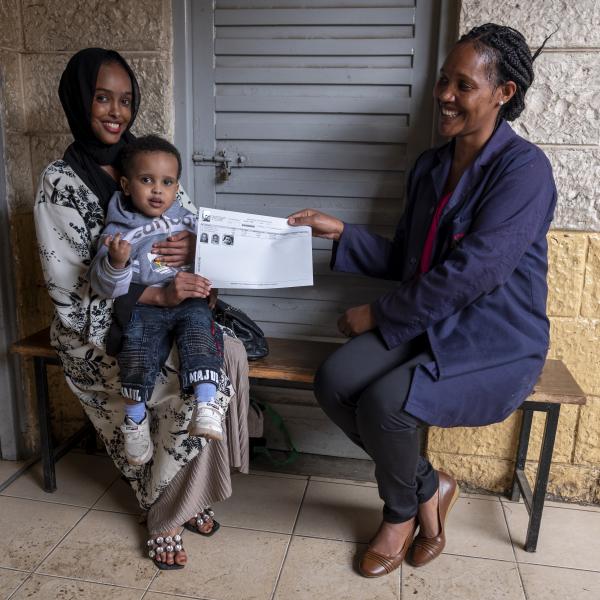While offering emergency assistance to refugees in the hours, days, and months following their displacement is vital, we must not forget that most people will be in exile for 17 to 20 years on average. We must help them become autonomous. Being given a job opportunity, learning a new trade or being able to start a business is an important step for a refugee to reclaim self-sufficiency and self-respect.

When conflicts or persecution in a refugee’s country persist, the prospect of returning home is limited. UNHCR helps people who were forced to flee become self-sufficient by building up their skills and knowledge, and by giving them access to the resources, training, capital, inputs, services and markets they need.
After fleeing a war or persecution, working and earning a living is one of the most effective ways for people to rebuild their lives in a dignified and peaceful manner.

Barriers to integration
When possible, UNHCR works with local authorities to promote integration, as well as various initiatives for the economic inclusion of refugees. In most cases, displaced people face many obstacles in their host countries, such as limited access to banking services, housing, education, the labour market, etc.
UNHCR recommends implementing an integration strategy that enables all refugees and other persons needing protection to become economically productive. This will give them self-confidence, dignity and a chance to interact socially. Integration benefits both the individual and the host community.
Refugees are at a disadvantage compared to other migrants. Their networks are smaller (if they exist at all), their families may be at risk in their country of origin, their language skills are usually limited, they might have lost any official document while fleeing, and their health may have been affected by the trauma and violence they’ve suffered.
Integration: key figures
- Only 45% of refugees have access to the labour market.
- Only 44% of refugees live in countries that will let them open a bank account without restrictions.
- 71% of children attend primary school, 46% secondary school, and only 7% higher education.


Building a sustainable future
With your support, we help refugees build strong social, economic and cultural ties with their host communities, and help them understand the rights they are entitled to.
Helping those who’ve lost everything support themselves and their families, while contributing to their local community, is a vital part of rebuilding their dignity. It is also a sustainable solution to their predicament.